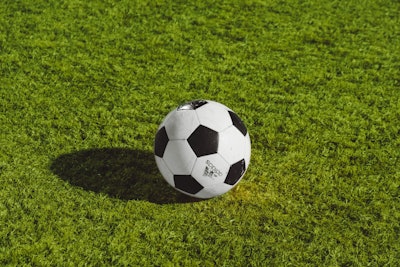
A recent survey from The Kids Mental Health Foundation, reports that the benefits of youth sports include teamwork (88%) and friendship (82%) more often than competition (52%) or wanting to play at a higher level (35%).
“Competitiveness is an indication that our kids are driven and motivated, which is wonderful, but we also need to ensure they have balance in their lives and that they continue to find enjoyment in playing sports,” Cathy Butz, pediatric psychologist at Nationwide Children’s Hospital – Columbus, told Press Public.
According to the report, 70% of student-athletes quit their sport by age 13. There are a variety of reasons for this including pressure and burnout. For parents and coaches, there are several tactics indicated in the report to help decrease this statistic.
When many youth sports participants start to feel stress, or too much pressure surrounding a sport they love, Dr. Butz recommended, “Kids often just need a break, even from a sport they love, by having other activities in their lives that allow them to destress and reset daily.”
The concept of playing sports for community building, rather than a competitive edge, is a relatively new concept in the world of youth sports. Until very recently, competitive youth sports, traveling leagues and excessive training were common in the space.
The report finds that sometimes a young athlete’s perspective on the sport can come down to simple phrasing. The common coach adage, “Your team is depending on you,” might not be as motivating for a player who is in the game for community and friendship. Instead, a phrase like, “Do your best out there,” will encourage that young athlete to have fun in the game. As playing youth sports with a focus on community and friendship continues to gain ground over competitive youth sports, the report indicates that these differences could be crucial to participation.
In the wake of the report, The Kids Mental Health Foundation has included resources specific to young athletes and their coaches to focus on mental health. Whether kids are playing their sport competitively or for the love of the game, there’s no denying that ‘mental game’ plays a role in their success. The report recommends coaches keep the conversation open with their athletes, talking about the athlete’s thoughts and feelings about the sport and any pressure they’re feeling.
After a tough loss, The Kids Mental Health Foundation recommends praising specific efforts or skills from the young athletes. “Make it a point to list something about how each player on the team improved in that practice or match. This is easy to do after a win, but more difficult (and important) after a loss or poor performance.”





































